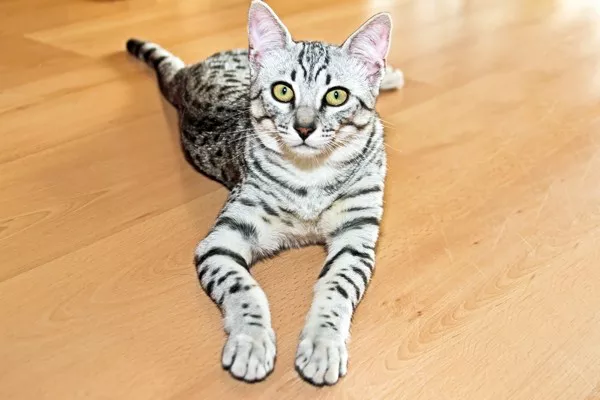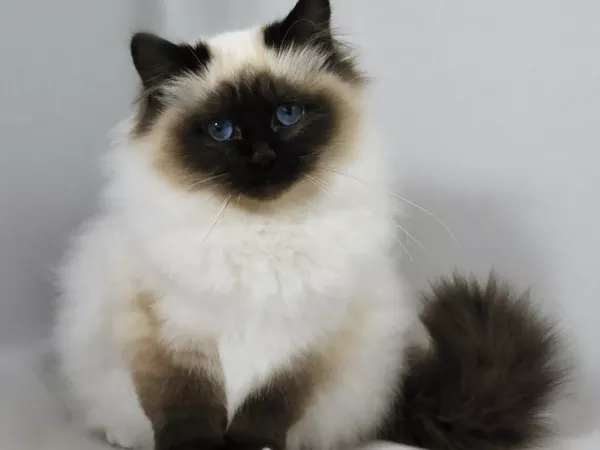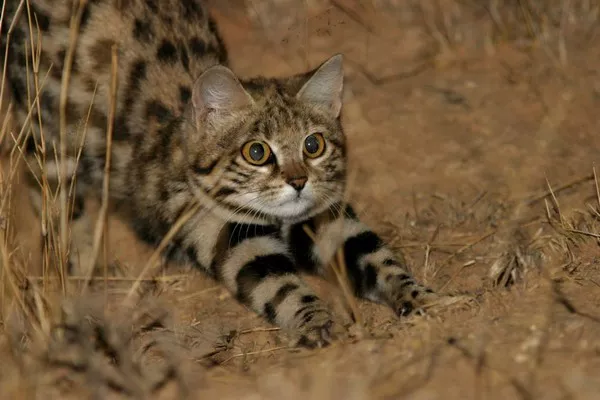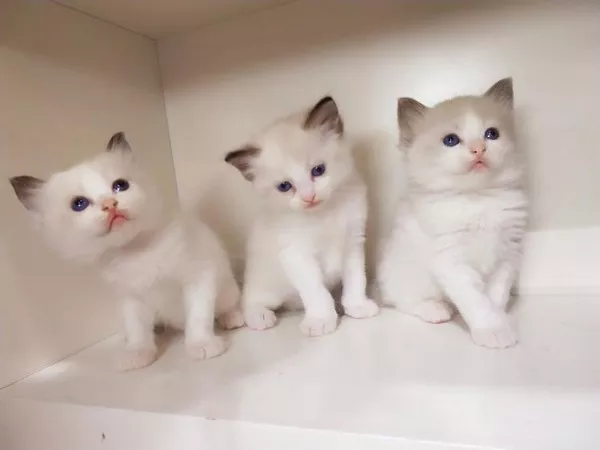As responsible pet owners, providing the right nutrition for our feline companions is paramount to their health and well-being. One common question that arises in the realm of cat care is whether senior cat food is a suitable option for younger cats. In this article, we will delve into the intricacies of feline nutrition, exploring the differences between senior and regular cat food and discussing the factors to consider when determining the appropriateness of senior cat food for younger feline friends.
Understanding Feline Life Stages
Cats, like humans, go through distinct life stages that influence their dietary requirements. These stages typically include kittenhood, adulthood, and senior years. Each stage comes with specific nutritional needs to support growth, maintenance, and overall health.
Kittenhood:
During the early months of life, kittens require a diet rich in protein, essential vitamins, and minerals to fuel their rapid growth and development. Kitten food is specially formulated to meet these needs.
Adulthood:
Adult cats, once they reach around one year of age, transition to a maintenance diet. This diet focuses on sustaining their current health and energy levels.
Senior Years:
As cats enter their senior years, typically around seven years old, their metabolism may slow down, and they might become less active. Senior cat food is designed to address these changes by providing lower-calorie options with specific nutrients to support aging joints and overall well-being.
Key Differences Between Regular and Senior Cat Food
To determine whether senior cat food is appropriate for younger cats, it’s essential to understand the primary differences between regular and senior cat food formulations:
Calorie Content:
Senior cat food often has a lower calorie content than regular cat food. This is designed to accommodate the decreased activity levels and potential weight management needs of older cats.
Protein Levels:
While protein remains a crucial component in senior cat food, the levels may be slightly lower compared to regular cat food. Senior cats still need protein to maintain muscle mass and support other bodily functions.
Nutrient Density:
Senior cat food may have a higher nutrient density to ensure that older cats receive essential vitamins and minerals despite consuming fewer calories.
When Is Senior Cat Food Appropriate for Younger Cats?
Determining the suitability of senior cat food for younger cats depends on various factors. Here are considerations to keep in mind:
Health Status:
If a younger cat has specific health concerns or conditions that align with the nutritional profile of senior cat food, a veterinarian may recommend it as part of a tailored treatment plan.
Weight Management:
If a younger cat is prone to weight gain or has a sedentary lifestyle, a senior cat food formula with lower calories may be beneficial.
Preference and Tolerance:
Some cats may prefer the taste or texture of senior cat food. Additionally, if a cat has difficulty tolerating certain ingredients commonly found in regular cat food, a senior formula with different formulations might be a viable option.
Potential Risks and Considerations
While senior cat food can be suitable for some younger cats, there are potential risks and considerations to be aware of:
Protein Adequacy:
Ensure that the senior cat food chosen still provides adequate protein levels to meet the nutritional needs of a younger, growing cat.
Nutrient Imbalance:
Using senior cat food exclusively for a younger cat without considering its nutrient profile may lead to imbalances and deficiencies.
Consultation with a Veterinarian:
Before making any significant dietary changes, consult with a veterinarian. They can assess your cat’s individual needs and recommend an appropriate diet based on factors such as age, health status, and lifestyle.
See Also: Does Wet Food Cause Diarrhea in Cats? [Revealed!]
Conclusion
In conclusion, while senior cat food can be suitable for some younger cats under specific circumstances, it’s crucial to approach this decision with careful consideration. A one-size-fits-all approach to feline nutrition is not ideal, and consulting with a veterinarian remains the best course of action to ensure your cat receives the optimal diet for their individual needs at every stage of life.

























